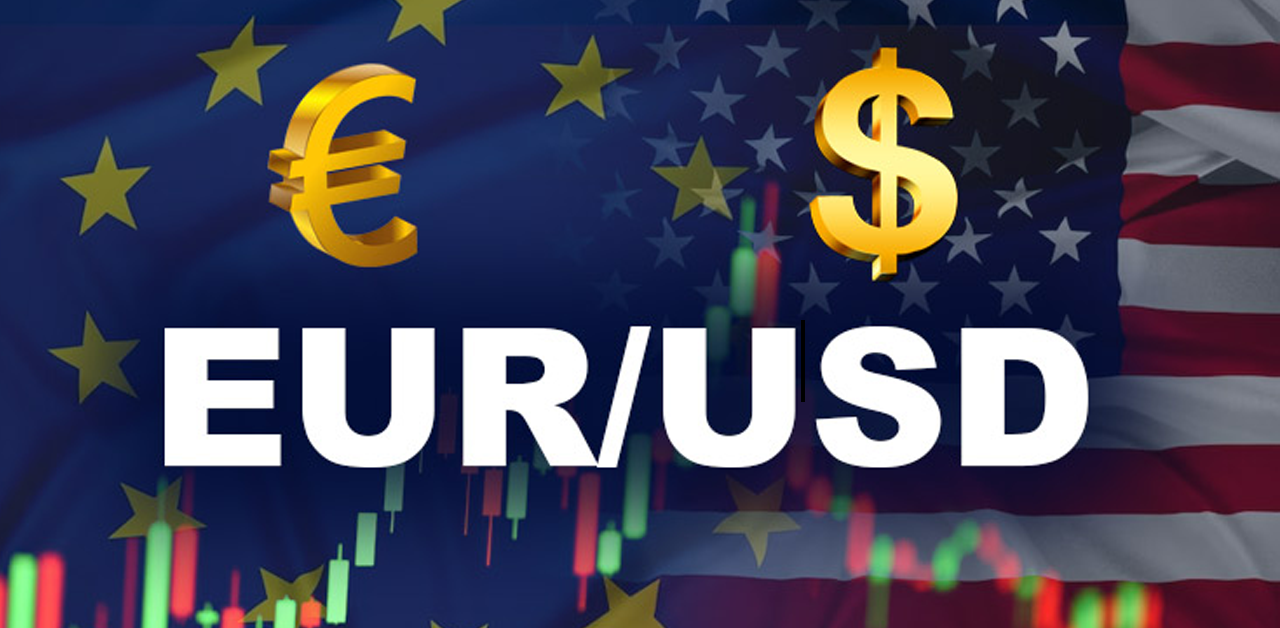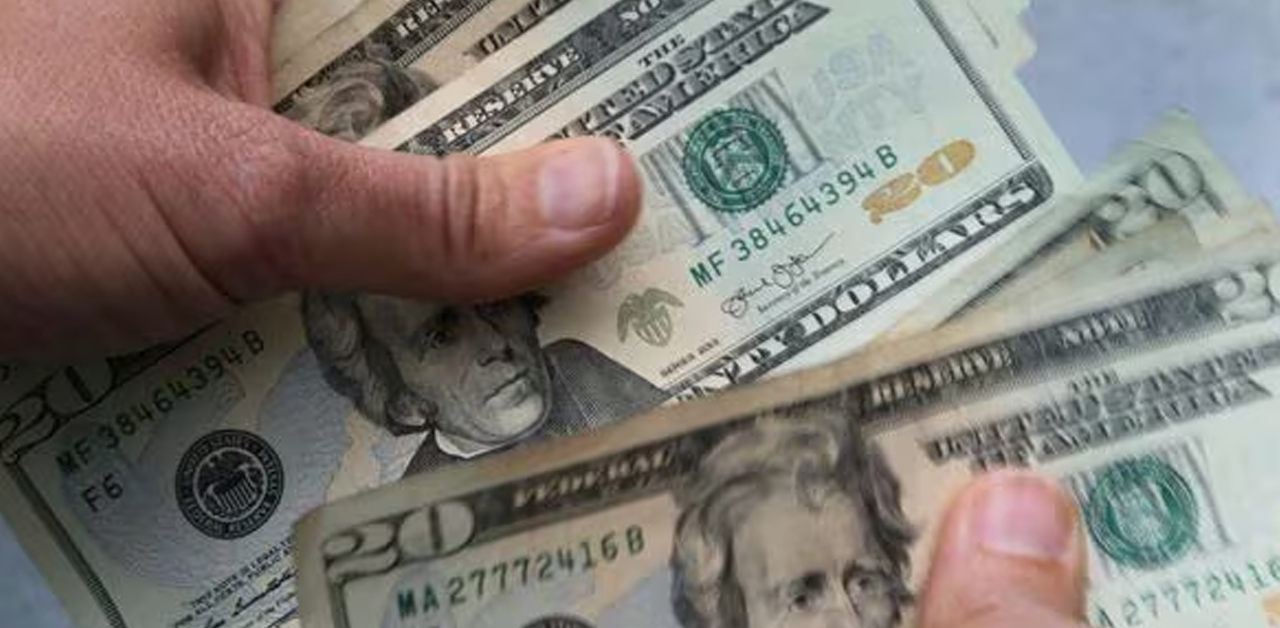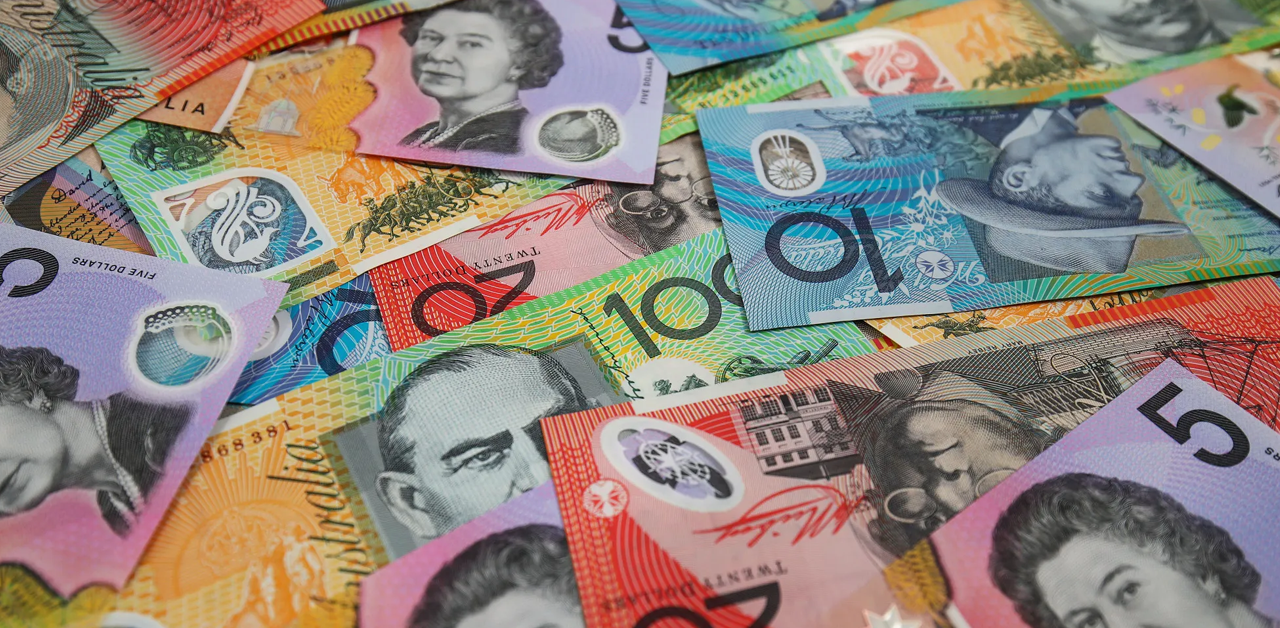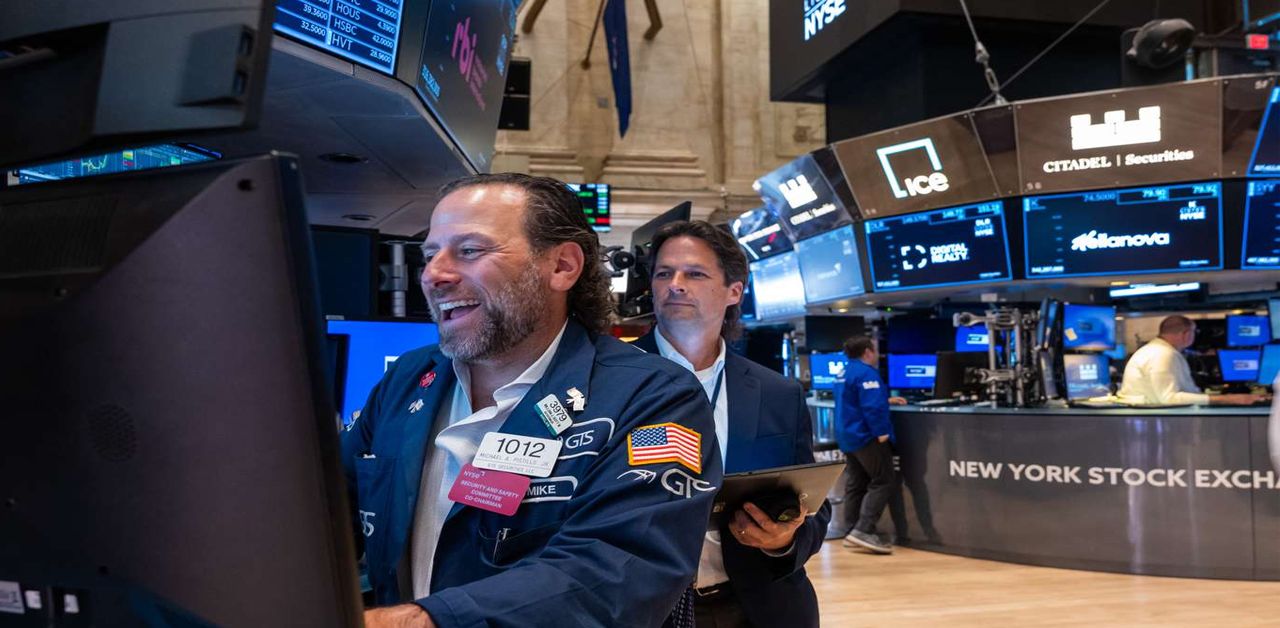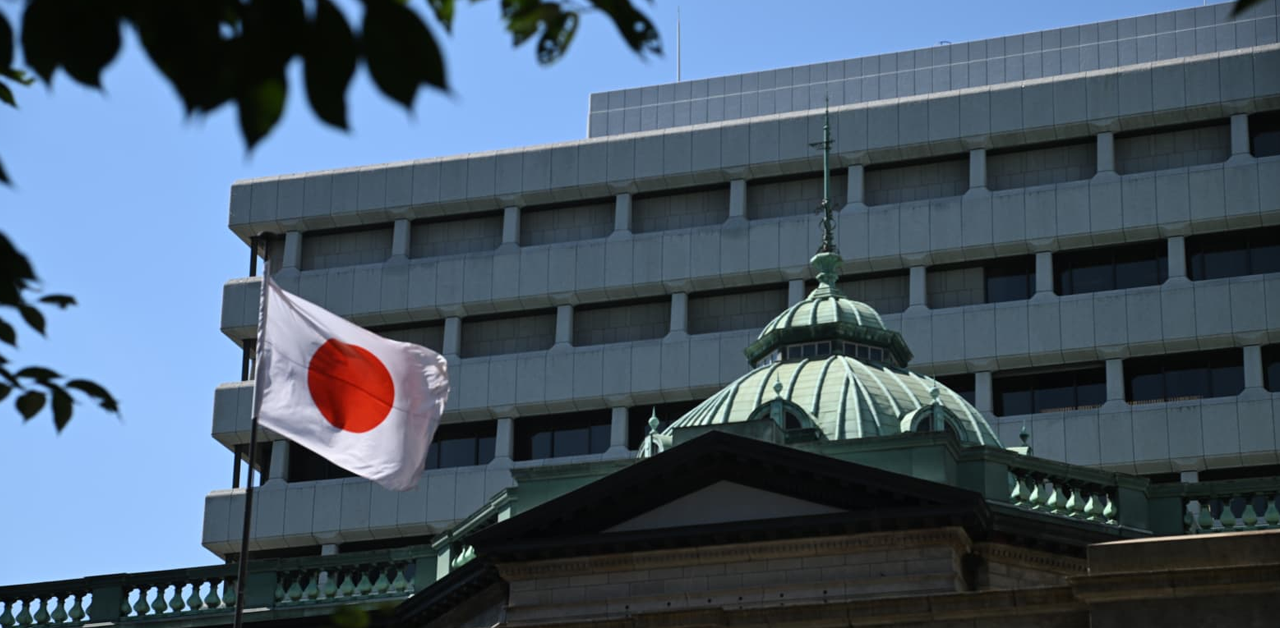U.S. stocks failed to change much as the quarter end approaches
As investors analyzed remarks made by central bankers at a panel in Europe and anticipated more quarterly profit reports, U.S. stocks ended the day with no movement. On Wednesday, the Dow Jones Industrial Average rose 82.32 points, or 0.3%, to 31029.31. The NASDAQ Composite Index dropped 3.65 points, or 0.03 percent, to 11177.89, while the S&P 500 dropped 2.72 points, or less than 0.1 percent, to 3818.83.
The market is having a brutal first half after three years in a row of double-digit increases. The S&P 500 has lost roughly 20 percent of its value so far this year, making it likely that this will be its worst first half in fifty years.
Rising interest rates and sluggish growth are two factors that have a negative impact on stock prices. Stocks have also been affected by the swift return of inflation, a faltering Chinese economy, and a conflict in Ukraine that startled the commodity markets. Before the second half of the year begins on Friday, investors need to reorganise, according to State Street managing director Michael Arone. As the Fourth of July and the first half came to an end, he added, “We’re limping.”
Investors should take comfort in the fact that a poor first half does not imply a poor second half. The S&P 500 experienced a first-half decline of 21% and a second-half gain of 27% in 1970, concluding the year approximately level. As a result of a number of data releases showing that increased prices are dampening consumer optimism, stocks started the week on a low note. Investors continued to worry that if central banks tightened policy too quickly to combat inflation, it may trigger a recession.
At the European Central Bank’s annual economic policy conference in Portugal, Federal Reserve Chairman Jerome Powell said the epidemic had disturbed the economy in ways that could continue to generate more inflation or volatility in pricing pressures than previously. Is there a chance that we might go too far? There is unquestionably a risk, Mr. Powell remarked on Wednesday. “Failing to restore pricing stability would be the worse mistake to make, to put it that way,”
Some investors are losing faith in the Fed’s ability to arrange a “soft landing,” in which interest rates increase to combat inflation without causing the economy to enter a recession. “Until we have a strong indication that inflation has peaked, we anticipate markets will at best remain stable. Our belief in a soft landing has diminished even further, and the market is moving in that direction as well, according to Pictet Asset Management multiasset strategist Arun Sai.
After three straight days of advances, the yield on the benchmark 10-year Treasury note decreased to 3.091% from 3.206 percent on Tuesday. Prices increase as yields decrease. Investors are anticipating more corporate profit reports as the second quarter draws to a close. Even though FactSet projects a relatively small 5.8 percent increase in S&P 500 company earnings, early misses raise doubts about that estimate.
The market has been rattled by some earnings reports, according to Andrew Slimmon, a portfolio manager at Morgan Stanley Investment Management. “I assumed we’d see a rally into month-end,” he said. Bed Bath & Beyond, a retailer, provided an example of the point on Wednesday. After the company reported a larger quarterly loss than Wall Street anticipated and announced the departure of its chief executive, the shares dropped $1.54, or 24 percent, to $4.99.
General Mills’ stock increased $4.46, or 6.3 percent, to $74.72 after the firm reported that higher prices helped boost sales despite the food manufacturer selling fewer products overall. In 2022, consumer staples stocks have excelled. Carnival, a cruise line, dropped $1.46, or 14%, to $8.87, quickening a loss sparked by several price-target reductions made by stock research analysts.
Bitcoin was trading at around $20,000. After creditors filed a lawsuit against the cryptocurrency hedge fund Three Arrows Capital for failing to pay back debts, a court in the British Virgin Islands ordered it to liquidate. Stoxx Europe 600, a continental index, decreased 0.7 percent. Most important benchmarks fell in Asia. Hong Kong’s Hang Seng Index dropped 1.9 percent, while the Shanghai Composite Index dropped 1.4 percent. Nikkei 225 in Japan fell 0.9 percent.

